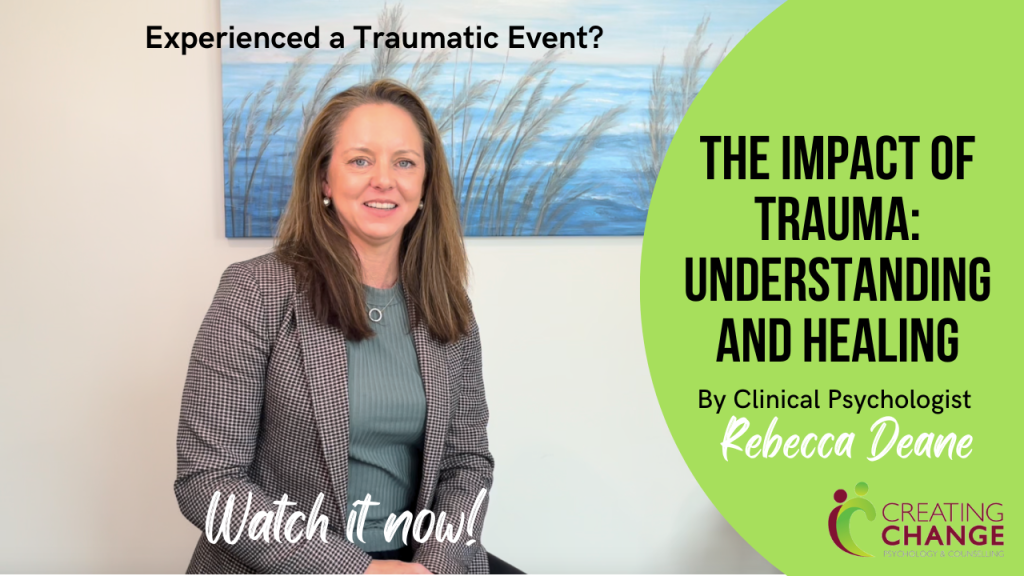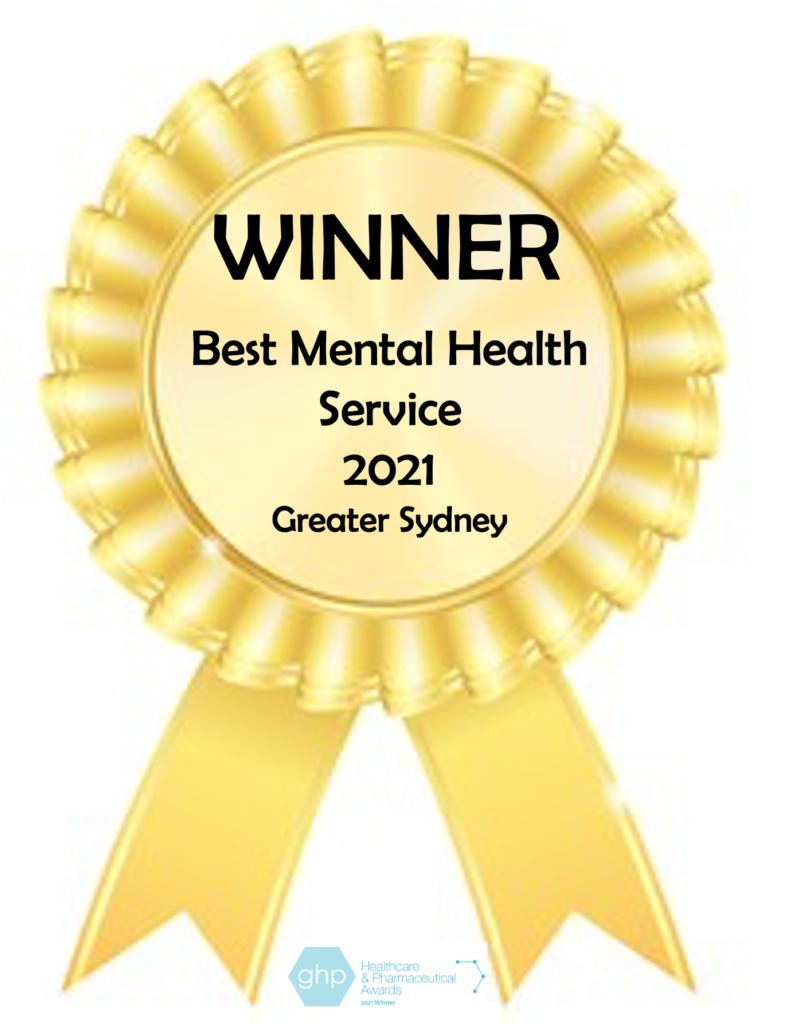Frightening or distressing events may result in psychological harm. This harm is called Trauma, and can affect a person’s ability to cope or function normally.

Everyone’s reactions to potentially traumatic experiences are different. Most people recover well with the help of family and friends and do not experience long-term problems.
Some people experience issues directly after the traumatic event, or much later.
Potentially traumatic events are powerful and upsetting incidents that intrude into daily life. They are usually experiences which are life threatening or pose a significant threat to a person’s physical or psychological wellbeing.
Situations and events that can lead to psychological trauma include:
- acts of violence such as an armed robbery, war, or terrorism
- natural disasters such as bushfires, earthquakes, or floods
- interpersonal trauma such as rape, domestic violence, or child abuse
- traumatic loss of a loved one, including the suicide of a family member or friend
- experience of a life-threatening illness or injury
- involvement in a serious motor vehicle or workplace accident
- finding out that a close family member or close friend was involved in a traumatic event
An event may have little impact on one person but cause severe distress in another. Other stressful situations which appear less severe may still trigger traumatic reactions in some people. It is important to focus on how a person experiences an event and the impact it has on them.
Symptoms of Trauma
Many people have strong emotional or physical reactions following experience of a traumatic event. For most, these reactions subside over a few days or weeks.
For others, the symptoms may last longer and be more severe. This may be due to several factors such as the nature of the traumatic event, the level of available support, previous and current life stress, personality, and coping resources.
Symptoms of trauma can be described as physical, cognitive (thinking), behavioural (things we do) and emotional (how we feel).
- Physical symptoms can include excessive alertness (always on the look-out for signs of danger), being easily startled, fatigue/exhaustion, disturbed sleep and general aches and pains.
- Cognitive (thinking) symptoms can include intrusive thoughts and memories of the event, visual images of the event, nightmares, poor concentration and memory, disorientation and confusion.
- Behavioural symptoms can include avoidance of places or activities that are reminders of the event, social withdrawal and isolation and loss of interest in normal activities.
- Emotional symptoms can include fear, numbness and detachment, depression, guilt, anger and irritability, anxiety and panic.
As long as they are not too severe or don’t last for too long, the symptoms described above are normal reactions to trauma. Although these symptoms can be distressing, they will settle quickly in most people. They are part of the natural healing process of adjusting to a very powerful event, making some sense out of what happened, and putting it into perspective.
With understanding and support from family, friends, and colleagues the stress symptoms usually resolve more rapidly. A minority of people will develop more serious conditions such as depression, post traumatic stress disorder (PTSD), anxiety disorders, or alcohol and drug problems.

How We Can Help
Psychological assistance may be required if the symptoms of the trauma are too distressing, or if they are impairing everyday activities such as work, study, family, and relationships.
Signs that psychological treatment may be helpful include:
- being unable to handle the intense feelings or physical sensations
- feeling numb and empty
- experiencing strong distressing emotions that persist
- being physically tense, agitated or feeling on edge
- disturbed sleep or nightmares
- lacking support from someone with whom you can share your emotions
- having relationship problems with friends, family, and colleagues
- increasing your use of alcohol or drugs.
With the support of our Trauma informed expert therapists, treatments can include trauma-focused psychological interventions such as; cognitive behavioural therapy (CBT); exposure therapy; and eye movement desensitisation and reprocessing (EMDR). These focus on education, stress management techniques, and helping the person to confront feared situations and distressing memories. Reaching out for support is the first step to healing. You don’t have to do it alone.
The Next Step
If the distress associated with a traumatic event has been affecting work, school, or home life for more than two weeks, psychological assistance should be considered. Psychologists are highly trained in the functioning of the brain, skilled in diagnosing and treating a range of mental health concerns, including post-traumatic stress. A psychologist can help you to identify and manage the factors that contribute to your distress, so you can work through these challenges to live a more fulfilling, fear free life.







